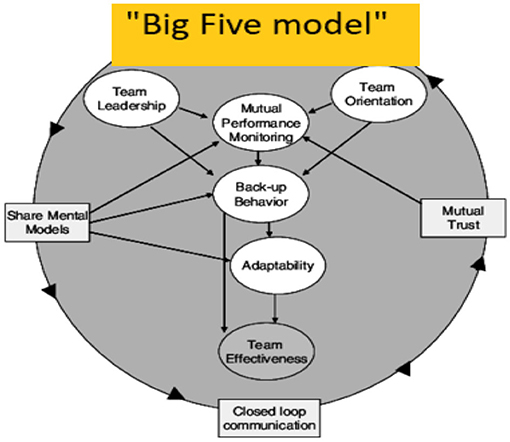In this competitive world of today’s corporate landscape, organizations never fail to search for perfect tools to improve team interaction and productivity. One great approach is psychometric testing complemented by the Five Behaviors of Team Building model. These two together have made even stronger teams with better communication to achieve success in all aspects of organizational objectives.
What is Psychometric Testing?
Psychometric testing is a standardized assessment designed to measure a person’s mental capabilities, personality traits, and behavioral tendencies. The tests provide very vital information on how a person thinks, behaves, and relates to others, making it a very effective tool in recruitment, team building, and personal development.
Psychometric tests take various forms, and these include:
Personality Tests: There are tests based on such individual characteristics, which often include extroversion, agreeableness, or emotional stability. Examples of such tools include the Myers-Briggs Type Indicator and the Big Five Personality Traits.
Cognitive Ability Tests:
These tests measure reasoning, problem-solving, and general intellect. It contains numerical, verbal, or abstract reasoning measures.
Situational Judgment Tests:
This is about the responses of a candidate in case of hypothetical work scenarios which may reflect a lot in terms of the candidate’s decision-making as well as social skills.
Through psychometric testing, one can understand his employees at a deeper level; hence, an organization will be able to tailor the development programs, improve its recruitment processes, and promote a cohesive team environment.
Five Behaviors Team Building
Patrick Lencioni created the Five Behaviors of Team Building, which centers on five major behaviors that define successful teamwork:
Trust therefore forms the building block of any successful team because it calls for vulnerability among members to allow them a sense of security in talking about their ideas and what they think.
Conflict: Healthy conflict is what facilitates a team’s growth. If the members of a team can engage in constructive debates and argue their points, one will finally challenge others with better solutions. That, however, requires both trust and respect for divergent opinions.
Commitment:
When the conflicts are resolved, the team members must commit to the decisions made. Commitment brings a sense of ownership and responsibility among team members and makes them perform for common goals with a lot of enthusiasm and commitment.
Accountability:
Accountability ensures that the team members hold each other responsible for their commitments. This behavior reinforces trust and commitment within the team, leading to a culture of high performance and mutual support.
Results: The ultimate purpose of any team is results. A winning team doesn’t concentrate on individual results but rather on results achieved as a group. Instead, they orient themselves to a common purpose.
Psychometric Testing and the Five Behaviors
Psychometric testing in the Five Behaviors Team Building can change the team dynamics drastically. This is how these parts will collaborate to achieve great teamwork:
- Self-Awareness
Psychometric tests give a person an insight into what personality traits and cognitive style he or she possesses. This leads to self-awareness through which team members understand that their behavior affects others; for instance, a more extroverted person is likely to be more assertive, which may affect team members who are more introverted. With this in mind, individuals can know how to better navigate the stage of building trust.
- Communication
Psychometric testing can give insight into different personality types, which enhances communication in teams. Once team members know the behavioral tendencies of the other person, their approach to communication may be altered to enhance interaction. For instance, a more structured communicator may alter his approach in dealing with someone who prefers communication to be more spontaneous.
- Conflict Resolution
Healthy conflict is also essential for the development of a team. Psychometric testing may bring out possible areas of conflict due to differences in personality traits or cognitive styles. The team can then prepare to face the issues early, really encouraging healthy discussion over letting misunderstandings grow.
- Strengthened Commitment
Commitment towards team goals will increase in case individuals in a group understand how their roles relate to other roles in that group and contribute to achieving the required result. Through psychometric testing, individual contributions toward others are known, enhancing collaboration and collective responsibility to ensure that a result is realized.
- Accountability and Performance
Such teams are more likely to hold their members accountable. For example, team members can support one another in line with individual and collective goals to be achieved in the team by understanding and knowing each other’s strengths, weaknesses, and working styles. This shared accountability breeds a culture of high performance where individuals become invested in each other’s success.
Conclusion
As per the Five Behaviors Team Building, introducing psychometric testing will equip the organization with a significant advantage in terms of its drive to improve teamwork and the overall performance of a company. Trust, healthy conflict, commitment, accountability, and results are some aspects in which teams can get enhanced and become more cohesive.
As organizations continually face the multifaceted nature of working in this modern world, these resources can be applied to obtain a competitive edge and bring high-performing teams aboard that can defeat the impossible and achieve much. Taking on psychometric testing actually benefits individual growth but also produces an environment conducive to achieving success as team.


